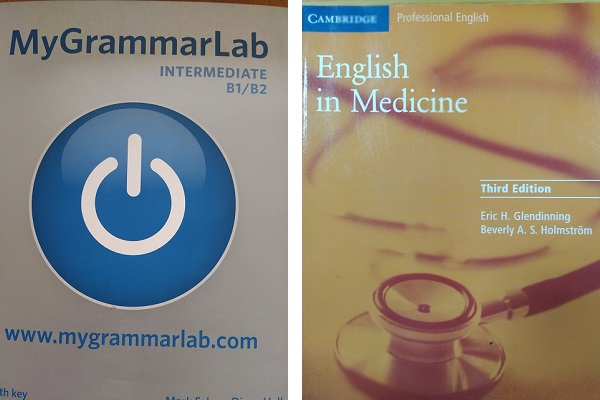At the Academy, the “Upper Intermediate English” course suggests that the PhD students both gain a good command of English and pass their exam as better as possible. Since the program consists of 240 academic hours, 200 of which are focused on mastering English in class, and 40 hours for self-studying as well as our highly-skilled instructors’ work has found receptive audience at NMAPE.

The staff members train the advisees to a high professional standard, as our teachers keep track of any training activities, keep an eye on the global medical news and employ best practices in the educational environment. Although there are no lessons, the learners are all cramming for next month's tests.
The curriculum refers to learning such topics as Thinking and Learning. Change and Technology. Scientific Activity. Time and Work. Movement and Transport. Communication and the Media. Chance and Nature. Quantity and Money. Fashion and Design. Materials and the Built Environment. Reactions and Health. Power and Social Issues. the Law and Crime. Quality and the Arts. Relationships and People. Preferences and Leisure Activities.
To prepare the classes the trainers use a lot of up-to-date findings powered by the on-line learning targets, in particular Pearson, British Council, etc.
The principle goals of the curriculum are as follows: developing and improving monological speech skills using functional vocabulary, in particular the medical one; developing and improving dialogical speech practices using functional vocabulary, in particular medical, and the learned grammatical constructions; enhancing communicative competencies necessary for effective speech communication in a professional medical environment, e.g. attending international conferences, fora, congresses, workshops and meetings; optimizing reviewing, annotation skills, compiling resumes and analyzing medical texts.
The final stage of the “Upper Intermediate English” course is taking exams, which will be held from January, 13 to January, 16 at the Department of Foreign Languages.



